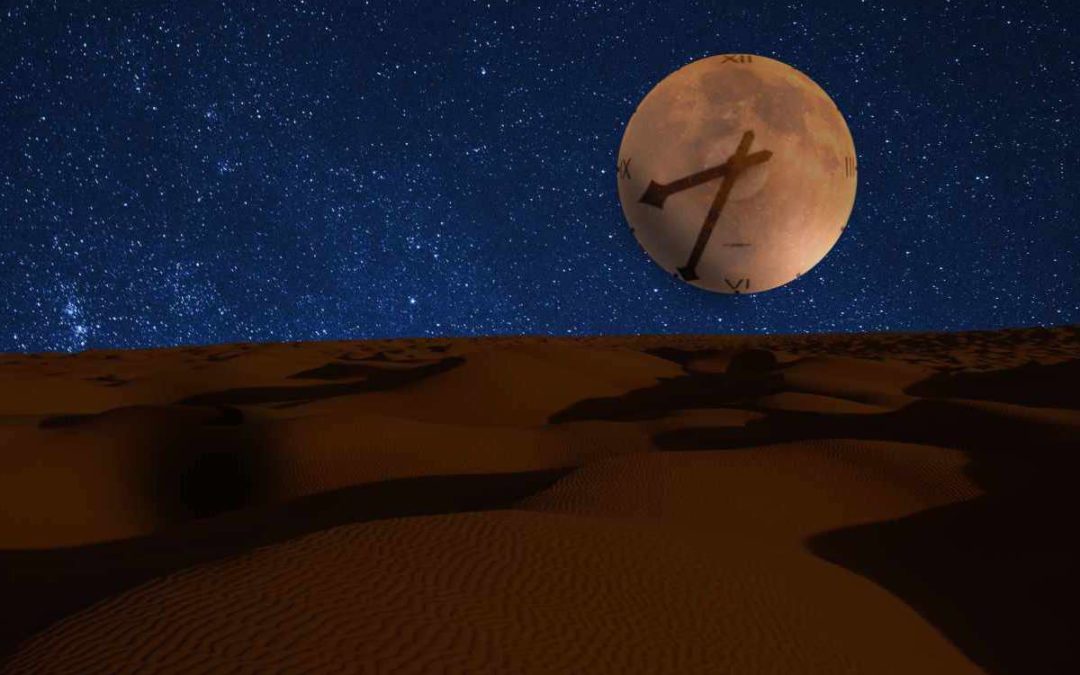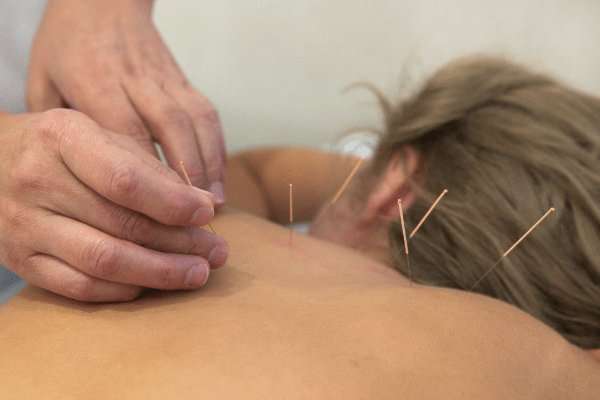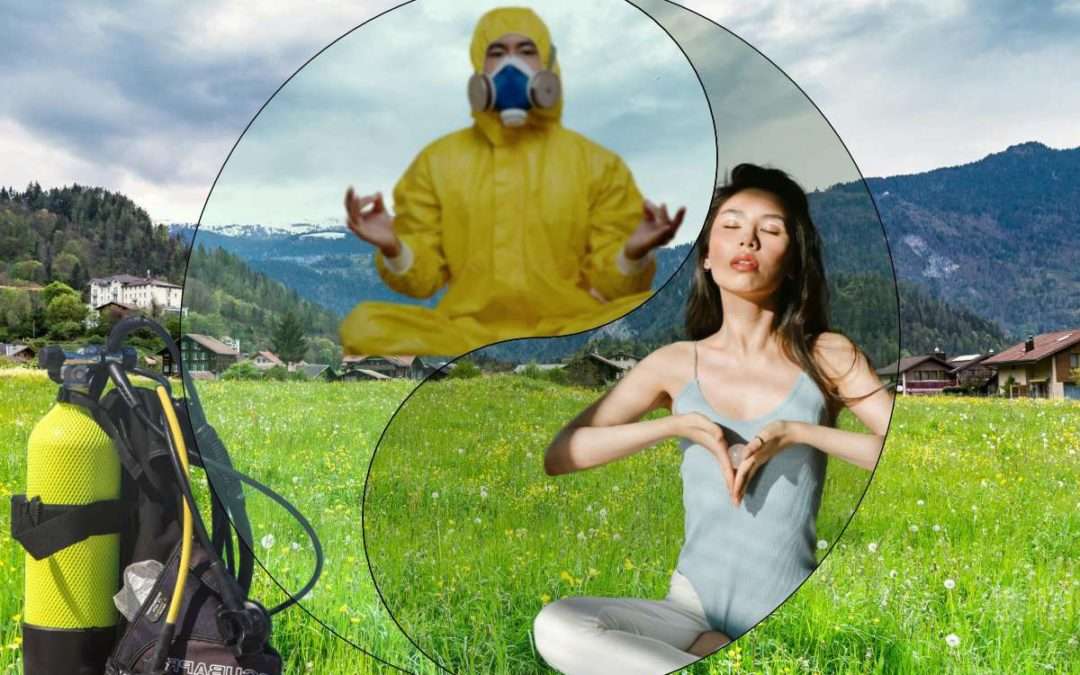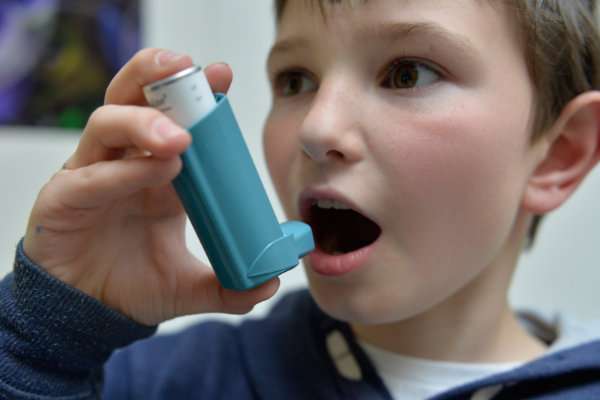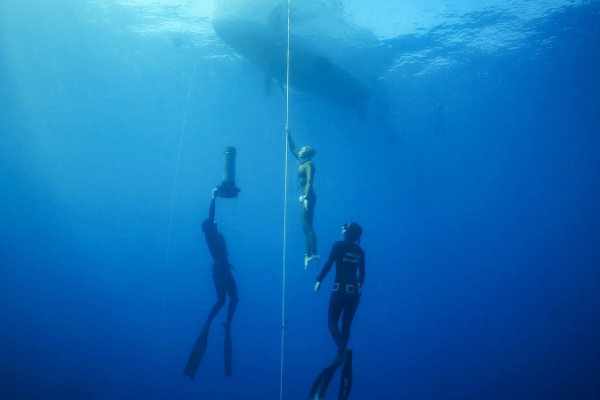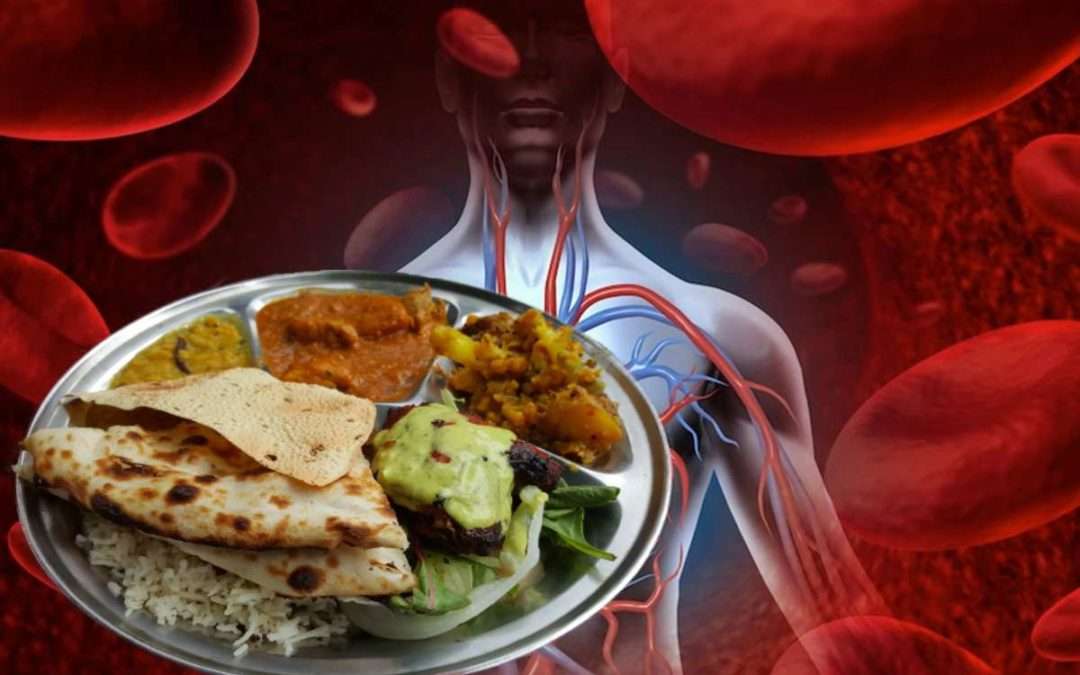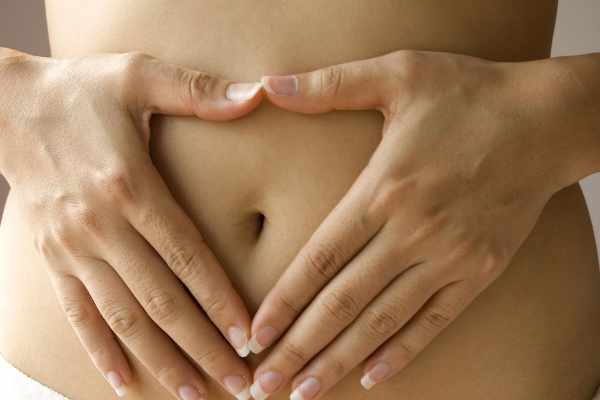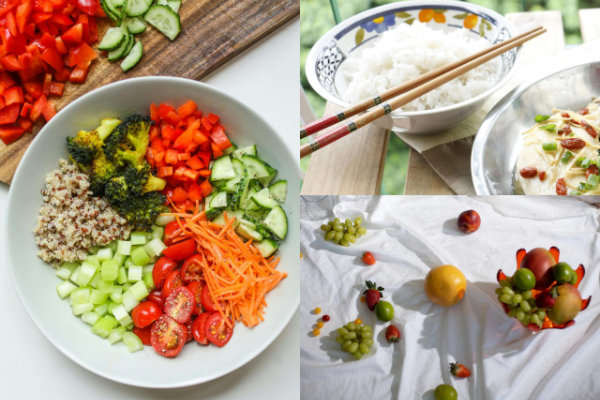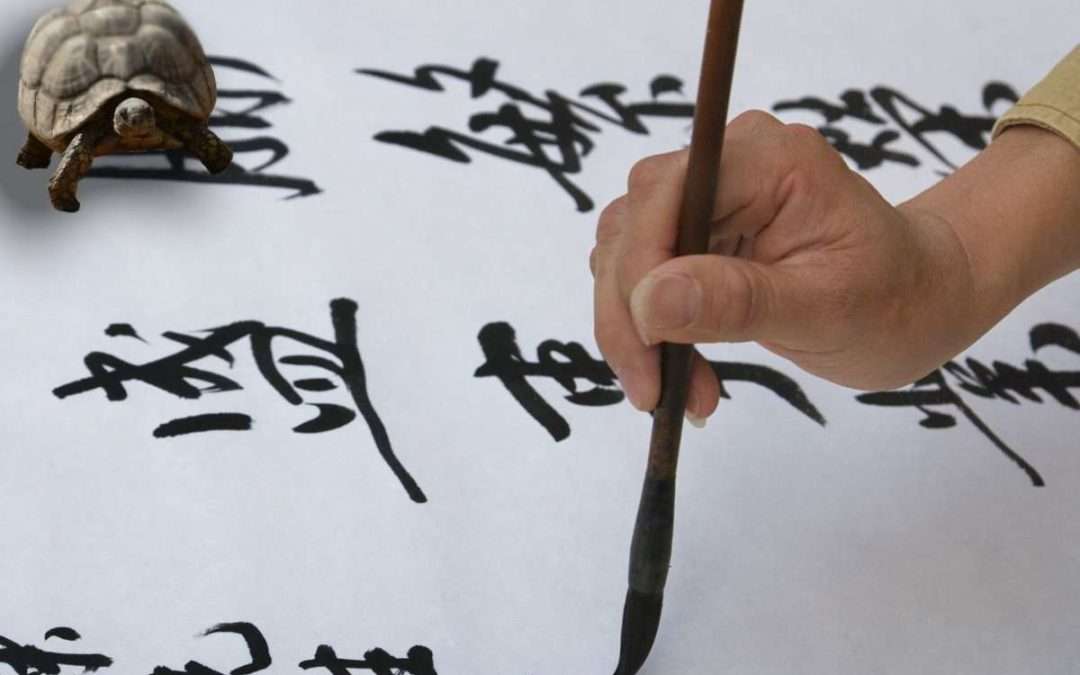
Chinese calligraphy
A meditative art with healing properties
Calligraphy is a means of expressing the very essence of the soul; through each brushstroke, body and mind merge in perfect harmony.
This meditative art has more in common with internal and external martial arts, as well as with traditional medicine, than you might think. Indeed, Chinese calligraphy is not simply a form of writing, it is an ancestral art.
The origins of Chinese calligraphy

In Chinese mythology, the invention of writing is often attributed to Cang Jie, a legendary minister of the Yellow Emperor Huangdi (c. 2750 BC). It is said that Cang Jie had four eyes, enabling him to penetrate the secrets of Heaven and Earth.
In particular, he observed the footprints left by animals and devised an immediately recognizable mark for each one.
The Yellow Emperor, eminently satisfied, promulgated the use of his writing throughout the country. He also had a riverside temple erected at the site of his workplace.
These symbols, initially simple and pictographic, evolved into a complex writing system, combining meaning and aesthetics.
One of the earliest styles of calligraphy is the “bone and shell style”, which appeared on turtle shells and ox bones during the Shang dynasty (1600-1046 B.C.). This archaic writing style, though rudimentary, already bore the seeds of the subtle, refined art we know today.
Calligraphy then underwent a series of major evolutions, influenced by the various Chinese dynasties. Each period made unique contributions to the art. This gave rise to different styles, such as the sigillary style (篆书, zhuànshū), the scribe style (隶书, lìshū), the regular style (楷书, kǎishū), the semi-cursive style (行书, xíngshū), and the cursive style (草书, cǎoshū). These different styles share the same essence: the expression of qi, the vital energy that circulates within every living being.
A historic journey
Over the centuries, calligraphy has always been seen as more than just a method of writing. Under the Han dynasty (206 BC – 220 AD), it began to be recognized as an art form in its own right. Imperial scholars and officials learned calligraphy not only to write, but also to cultivate their minds. The art became an expression of moral virtue, righteousness and inner harmony.
During the Tang dynasty (618-907 A.D.), calligraphy reached new heights. Masters such as Wang Xizhi and Yan Zhenqing left works that continue to be studied and admired today.
The Song dynasty (960-1279 A.D.) also saw the emergence of a deeper link between calligraphy, poetry and painting, making these three disciplines an inseparable trio, embodying the ideal of the Chinese scholar.
And so, from generation to generation, the art of calligraphy has passed through the ages, perfecting itself while remaining rooted in its fundamental principles.
Calligraphy schools multiplied, and each region added its own personal touch, but one thing remained unchanged: calligraphy was not simply a visual art, but a path to inner peace.

An unexpected link with martial arts

As our readers already know, body and mind in TCM are intimately linked. This understanding is reflected in Chinese martial arts, where internal energy (qi) and mastery of movement are fundamental. The same concept applies to calligraphy.
One might think that martial arts and calligraphy are two very different disciplines. Yet they share a profound connection: both rely on concentration, body control and the fluid circulation of qi. In internal martial arts such as Tai Chi or Qi Gong, movements are slow, measured and focused on harmonizing vital energy. In calligraphy, brush handling follows a similar principle.
Each stroke is a flow of energy, each character a manifestation of inner balance and strength.
Mastering calligraphy is comparable to mastering a martial art: it requires discipline, patience and perfect harmony between body and mind.
Ancient martial arts masters often recommended the practice of calligraphy to strengthen the mind and deepen mastery of qi. This calm, meditative discipline could then be applied to their healing internal martial practice.
A healing art
Although calligraphy is often perceived as a simple artistic pastime, it actually has therapeutic virtues. Traditional Chinese medicine teaches that the body’s equilibrium is based on the harmonious circulation of qi and blood. Any obstruction of this energy can lead to illness.
The practice of calligraphy calms the mind, calms the heart and regulates the flow of qi. When you focus all your attention on the brush, you plunge into a meditative state, where the mind calms down and stress dissipates. This helps to regulate breathing, align the body and ensure the smooth flow of energy.
Modern studies confirm that the regular practice of calligraphy can reduce anxiety, improve concentration and even lower blood pressure. Like meditation, calligraphy helps to restore a state of inner balance.
In this sense, calligraphy is much more than a simple art; it is a path to healing, a way to harmonize body and mind.

So calligraphy is a spiritual path for the soul, a healing practice for the body. By immersing himself in this art, the practitioner enters an active meditation, where each stroke is a manifestation of his qi, where each character is a window onto his inner balance.
In a world of stress, agitation and distraction, why not take refuge in calligraphy? It will guide you towards a calmer, more harmonious life, more in tune with your true essence.
The single brushstroke
At the age of 22, artist Fabienne Verdier, who graduated from the Beaux-Arts de Toulouse in 1983, decided to study calligraphy in China. Parallel to her studies at the Sichuan Fine Arts Institute in Chongqing, she studied with the last great calligraphy masters to survive the Cultural Revolution.
She recounts this extraordinary experience in several books, including L’Unique trait de pinceau (Albin Michel, 2001) and Passagère du silence, dix ans d’initiation en Chine (2003). In them, she recounts a veritable adventure in which she had to brave the prohibitions and reticence still very much alive at the time. But above all, she recounts what is a veritable journey of initiation, a profound discovery of herself through years of hard work and study.
In an enthralling account, the artist shares her discovery of this art, which is based on a perfect match between the artist’s soul and the “principle that governs all things”. Indeed, calligraphy demands the total involvement of body and mind. After hours of silence and concentration, the difficulty lies in the fact that once the gesture has been made, the fate of the painting is decided and there is no turning back: “The rule is based on the Single Brushstroke”, wrote Shitao, one of China’s greatest painters, in the 18th century. The One Brushstroke is the origin of all things, the root of all phenomena.
Fabienne Verdier invites her readers to take another look at the sensitive world and rediscover a primordial unity.
